Retro Replay Review
Gameplay
UFO: Aftermath unfolds across two distinct layers of play: a strategic global map and a real-time tactical battlefield. On the world map, you assume control of the Council of Earth’s limited resources, deciding where to build hidden bases, which missions to launch, and how best to allocate funding for research and development. Base construction requires careful placement of laboratories, workshops, barracks, and power plants, as well as defensive measures to withstand alien strikes and spore outbreaks. This macro-level planning feeds directly into the equipment and soldier roster you assemble for frontline missions.
(HEY YOU!! We hope you enjoy! We try not to run ads. So basically, this is a very expensive hobby running this site. Please consider joining us for updates, forums, and more. Network w/ us to make some cash or friends while retro gaming, and you can win some free retro games for posting. Okay, carry on 👍)
When an operation is launched, the game transitions to a fully 3D battlefield where time runs in real time but pauses automatically at key moments. This pause-and-play system lets you issue orders to individual soldiers or squads—everything from movement and firing to using medkits and deploying grenades. Tactical maps are typically cramped and shrouded in darkness, so reconnaissance, line-of-sight management, and careful use of night-vision goggles become critical. Objectives vary from rescue and extraction to demolition and pure extermination, ensuring that each mission demands a new approach.
Soldier progression is another core gameplay pillar. Every time a combatant lands a hit, heals a comrade, or repairs a device, they gain experience in that specific skill, unlocking advanced abilities over time. Back at your base, you can invest in specialized training tracks—Soldier, Medic, Scientist, and more—once certain prerequisites are met. This depth of RPG-style development means your veterans become more than mere bullet-sponges; they grow into specialists whose expertise can turn the tide in desperate engagements.
Graphics
Visually, UFO: Aftermath leans into a gritty, washed-out palette that underscores the world’s post-apocalyptic plight. Landscapes ravaged by alien spores are rendered in muted browns and sickly greens, giving each outdoor locale a desolate, almost claustrophobic feel. Indoor environments—ruined laboratories, deserted city blocks, and subterranean bunkers—are textured with grime, exposed wiring, and dripping bio-goop, heightening the sense of an Earth on the brink of collapse.
The character and creature models, while reflecting the technological limits of the early 2000s, carry a surprising amount of detail. Soldiers sport customized armor and gear that visibly upgrades as you research new materials, while alien spawns and massive bio-constructs demonstrate unsettling anatomy and pulsating textures. Animations are functional and responsive, with soldiers flinching when hit and aliens reacting differently depending on the weapon calibration—be it laser rifles, incendiary bombs, or makeshift flamethrowers.
The user interface balances utility and atmosphere. The global map provides clear icons for UFO sightings, base installations, and resource nodes, while tactical screens incorporate a transparent overlay showing movement ranges and fire arcs without obscuring the action. Some menus can feel nested or unintuitive at first, but custom hotkeys and tooltips smooth the learning curve once you’ve acclimated to the game’s rhythm.
Story
UFO: Aftermath thrusts you into a grim narrative that begins in 2004, when alien spores shroud the planet and unleash a deadly bioweapon raining down on all living things. Entire cities succumb to darkness and mutation in a matter of days. By 2005, the remnants of humanity have coalesced into the Council of Earth—a clandestine alliance determined to study the spores, recover lost technologies, and strike back at the alien mothership looming in orbit.
As you progress, mission briefings and in-game events gradually peel back the layers of the invasion. You’ll intercept alien communications, uncover mutated wildlife roaming the wastelands, and stumble upon human collaborators who’ve either gone mad or been turned against their own kind. This drip-fed storytelling keeps tension high, rewarding players who scour every map for data logs, crash sites, and survivor testimonies that enrich the overarching lore.
Character-driven moments also emerge organically from the soldier progression system. Veterans you’ve nurtured from green recruits become vital narrators of the campaign’s hardships, recounting narrow escapes and close-call firefights. Their evolving skillsets and occasional battlefield injuries forge a sense of attachment that turns each tactical victory—or costly defeat—into a personal chapter in humanity’s fight for survival.
Overall Experience
UFO: Aftermath delivers a challenging blend of base-building, research management, and tense tactical combat wrapped in a deeply unsettling post-apocalyptic atmosphere. Its learning curve can be steep, especially when balancing the demands of global logistics against the immediacy of frontline engagements, but perseverance pays off as your guerrilla force gradually morphs into a well-oiled alien-hunting machine.
Replayability is strong thanks to variable mission selection, randomized map layouts, and multiple research paths that let you customize your approach—whether you favor brute-force armaments, stealthy reconnaissance, or biological countermeasures. The campaign’s length and difficulty spikes ensure that every hour invested feels significant, though newcomers to strategy titles may encounter frustration in the early game.
For players craving a darker, more survival-oriented twist on the classic X-COM formula, UFO: Aftermath offers a compelling mix of strategic depth and real-time pause tactics. Its combination of RPG-style soldier progression, customizable base infrastructure, and a creeping, atmospheric story make it a memorable journey for anyone prepared to reclaim a sunless Earth from hostile invaders.
 Retro Replay Retro Replay gaming reviews, news, emulation, geek stuff and more!
Retro Replay Retro Replay gaming reviews, news, emulation, geek stuff and more!
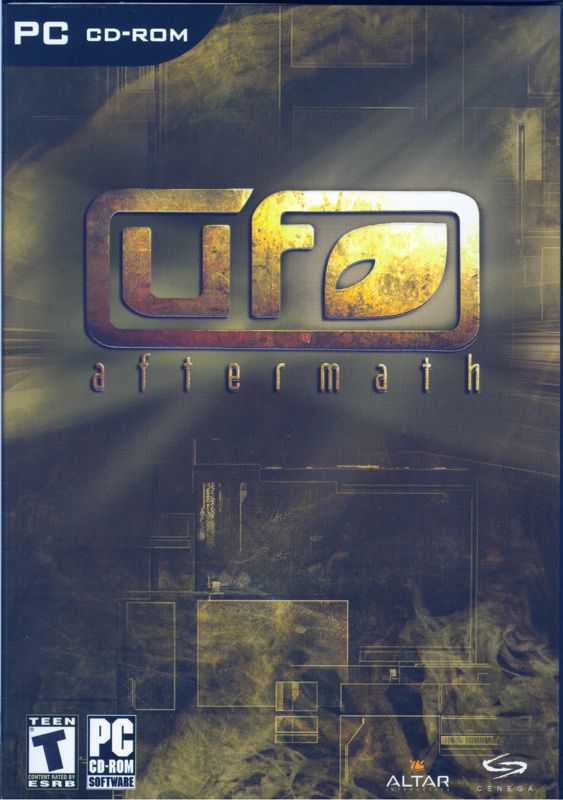

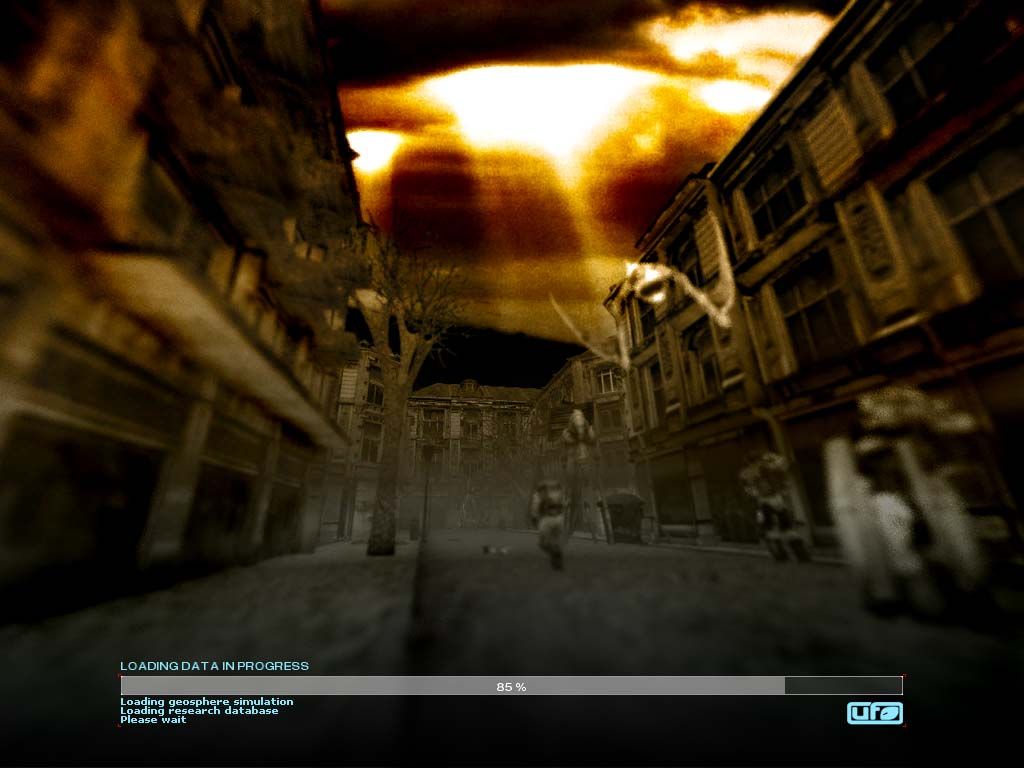
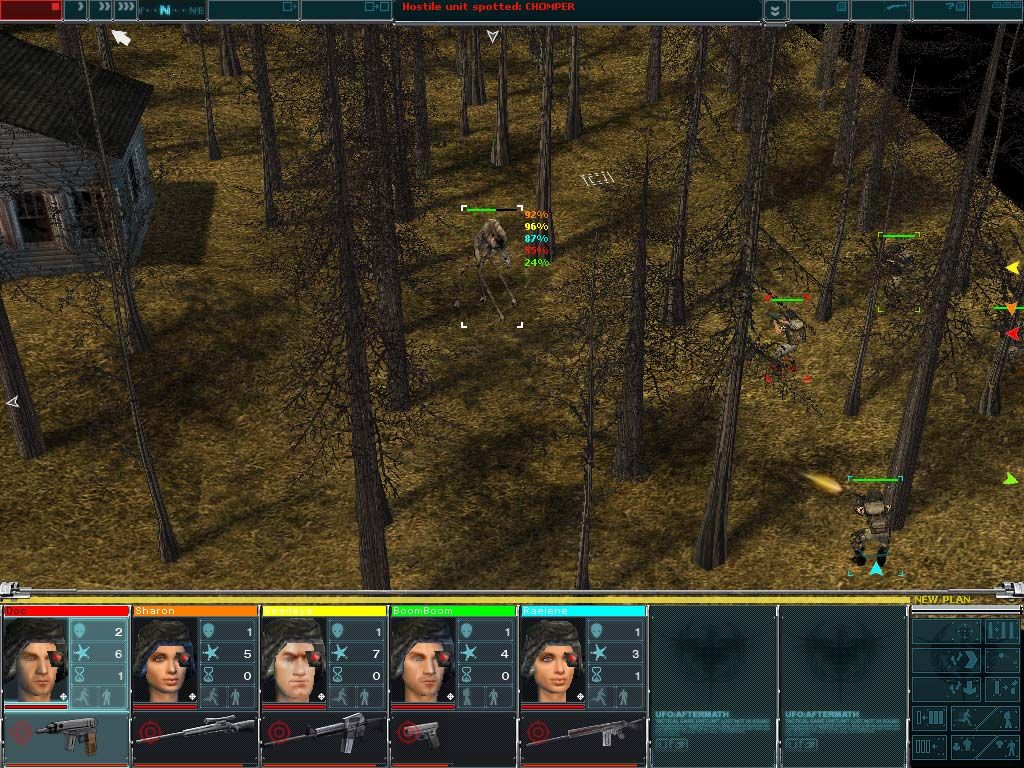
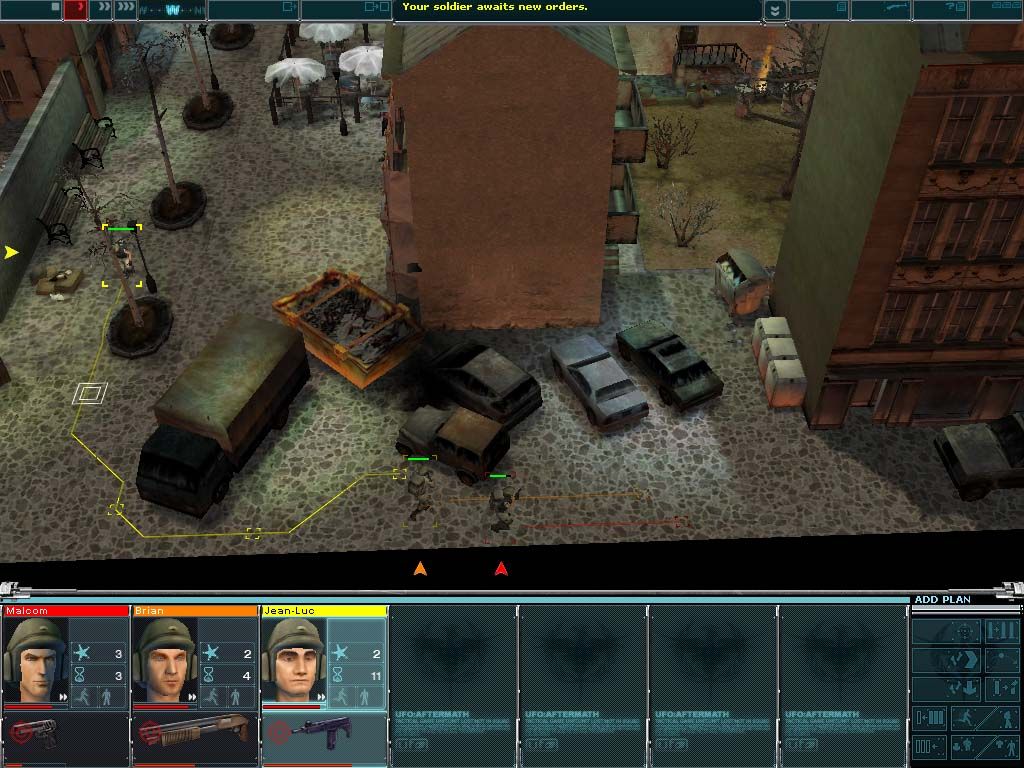
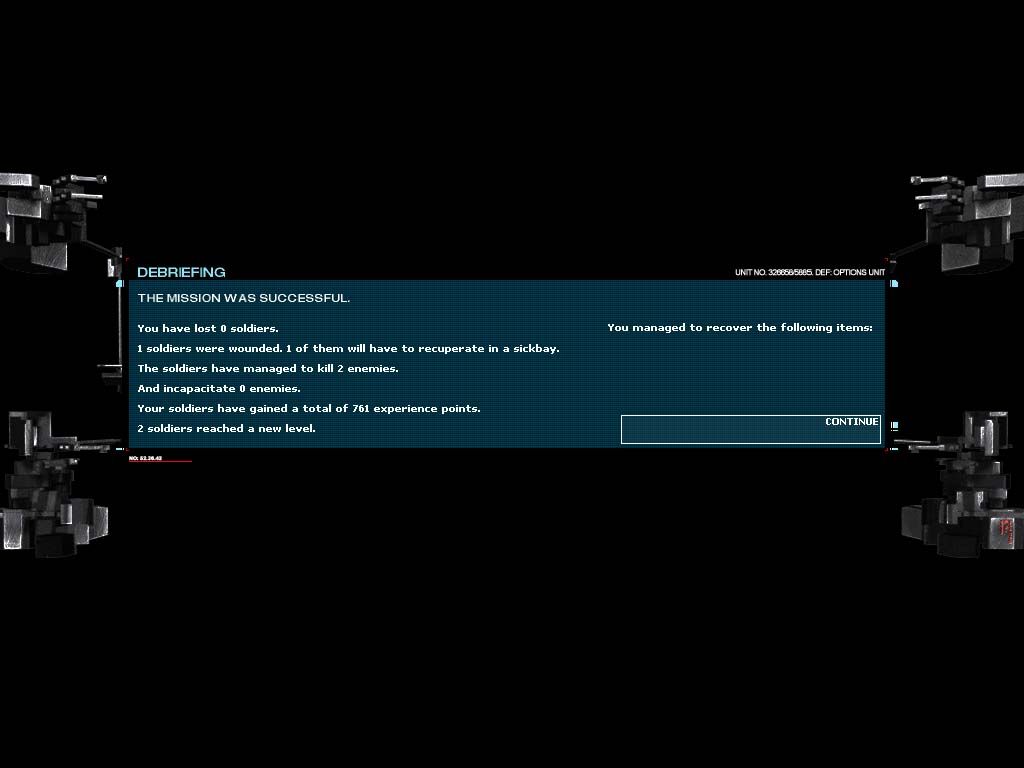


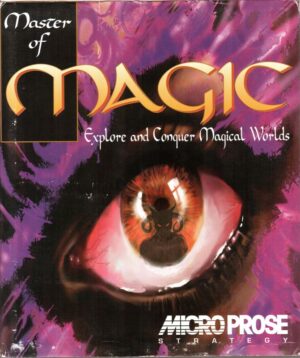
Reviews
There are no reviews yet.